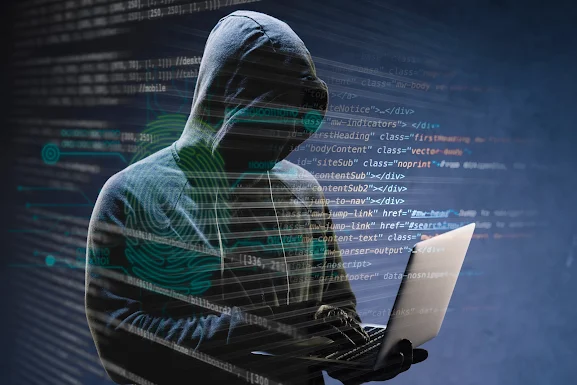How to learn cyber security
Cyber threats becoming more sophisticated, learning how to protect sensitive information and digital assets is crucial. Whether you're a beginner looking to start a career in cybersecurity or simply interested in safeguarding your personal data, this guide will walk you through the steps to learn cybersecurity effectively.
Understanding the Basics
What is Cyber Security?
Cybersecurity involves protecting computer systems, networks, and data from unauthorized access, attacks, and damage. It encompasses various practices, technologies, and strategies to ensure the confidentiality, integrity, and availability of digital information.
Why Learn Cyber Security?
Learning cybersecurity offers several benefits, including:
Career Opportunities: The demand for cybersecurity professionals is on the rise, making it a lucrative career choice.
Personal Protection: Enhance your digital literacy and protect your personal information from online threats.
Contributing to Society: By learning cybersecurity, you can help create a safer digital environment for everyone.
Steps to Learn Cyber Security
1. Build a Strong Foundation
Start by understanding the basics of networking, operating systems, and programming languages. This knowledge forms the groundwork for more advanced cybersecurity concepts.
2. Explore Online Resources
There are numerous online platforms that offer free and paid courses on cybersecurity. Websites like Coursera, Udemy, and edX provide a wide range of courses suitable for beginners.
3. Choose the Right Course
Select courses that match your skill level, whether you're a complete beginner or have some technical background. Look for courses that cover topics like network security, cryptography, and ethical hacking.
4. Learn About Threats and Attacks
Study different types of cyber threats, such as malware, phishing, and ransomware attacks. Understand how these threats work and the methods used by hackers.
5. Hands-On Practice
Practical experience is essential in cybersecurity. Set up a home lab to practice installing, configuring, and securing various systems.
6. Earn Relevant Certifications
Certifications validate your skills and expertise in cybersecurity. Consider earning certifications such as CompTIA Security+, Certified Ethical Hacker (CEH), and Certified Information Systems Security Professional (CISSP).
7. Stay Updated
Cyber threats evolve rapidly, so staying updated is crucial. Follow cybersecurity blogs, forums, and news sources to keep abreast of the latest trends and vulnerabilities.
8. Networking and Community Involvement
Join online forums, communities, and social media groups dedicated to cybersecurity. Engaging with professionals in the field can provide insights, advice, and potential job opportunities.
Frequently Asked Questions (FAQs)
Q: Do I need a background in IT to learn cybersecurity?
A: While a background in IT can be helpful, many cybersecurity courses cater to beginners without prior technical knowledge.
Q: Are there any free resources for learning cybersecurity?
A: Yes, there are plenty of free online courses, tutorials, and resources available. Websites like Cybrary and Khan Academy offer free cybersecurity content.
Q: How long does it take to learn cybersecurity?
A: The time required varies based on your dedication, prior knowledge, and the complexity of the topics you're studying. Some beginners may take a few months to grasp the fundamentals.
Q: What job roles can I pursue in cybersecurity?
A: Cybersecurity offers a range of job roles, including security analyst, network administrator, penetration tester, and security consultant.
Q: Is ethical hacking part of cybersecurity?
A: Yes, ethical hacking involves intentionally probing systems for vulnerabilities to improve security. It's an important aspect of cybersecurity.
Conclusion
Learning cybersecurity is a valuable investment in today's digital landscape. By understanding the basics, choosing the right resources, and gaining practical experience, you can develop the skills needed to protect yourself and others from cyber threats. Whether you're aiming for a career in cybersecurity or seeking to enhance your digital literacy, the journey starts with a commitment to learning and staying informed.
Ready to embark on your cybersecurity journey? Take the first step today!
_________________________________________________________________________________
Tags:
cyber security

